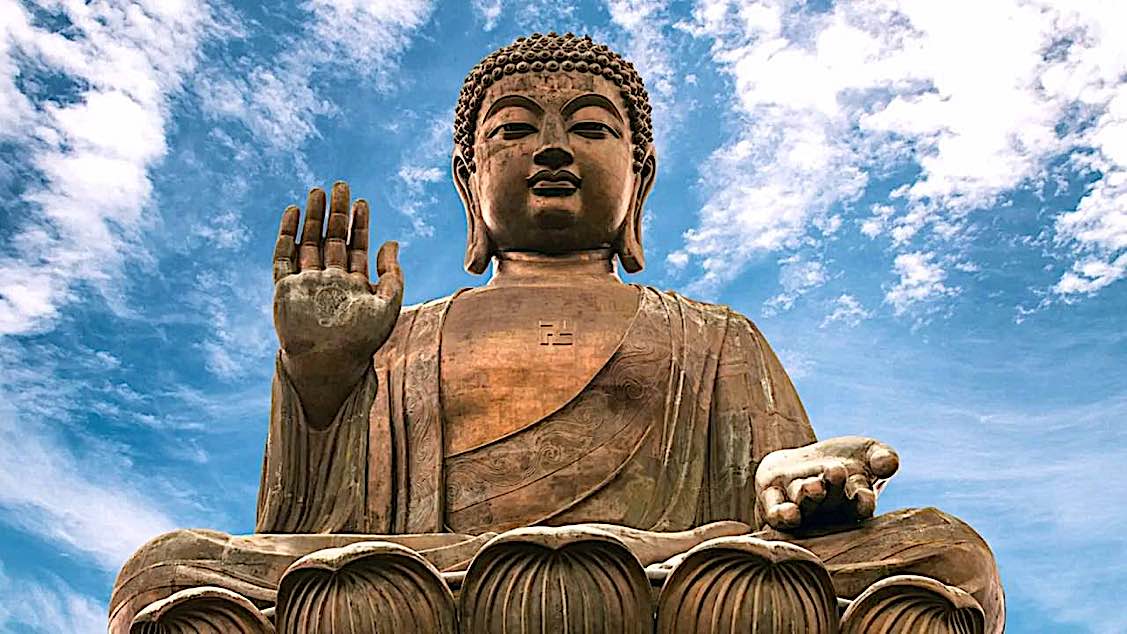Yamaoka Tesshu, as a young student of Zen, visited one master after another. He called upon Dokuon of Shokoku.
Desiring to show his attainment, he said: “The mind, Buddha, and sentient beings, after all, do not exist. The true nature of phenomena is emptiness. There is no realization, no delusion, no sage, no mediocrity. There is no giving and nothing to be received.”
Dokuon, who was smoking quietly, said nothing. Suddenly he whacked Yamaoka with his bamboo pipe. This made the youth quite angry.
“If nothing exists,” inquired Dokuon, “where did this anger come from?”


So the self is not separate but is one with all beings. Given that we don’t understand anything scientifically about consciousness, this seems reasonable, even likely. The fact that embracing it as a truth leads to a more harmonious existence is the icing on the cake.
Yeah. Which also means we transcend birth and death. Ride its waves over many lifetimes. And there’s nothing to fear.
Thich Nhat Hanh used the term interbeing. The Buddha used no self as an antidote to the atman (Hindu concept of the soul).
But he didn’t mean living beings don’t exist. Just not in the way egos tend to think they do as unchanging, static things inside us separate from the world.
I like the term “interbeing” - Thích Nhất Hạnh conveyed some really powerful ideas quite succinctly. The idea that life and consciousness is shared by all beings makes sense - but it’s sometimes extremely difficult to realize and hold that awareness in practice.